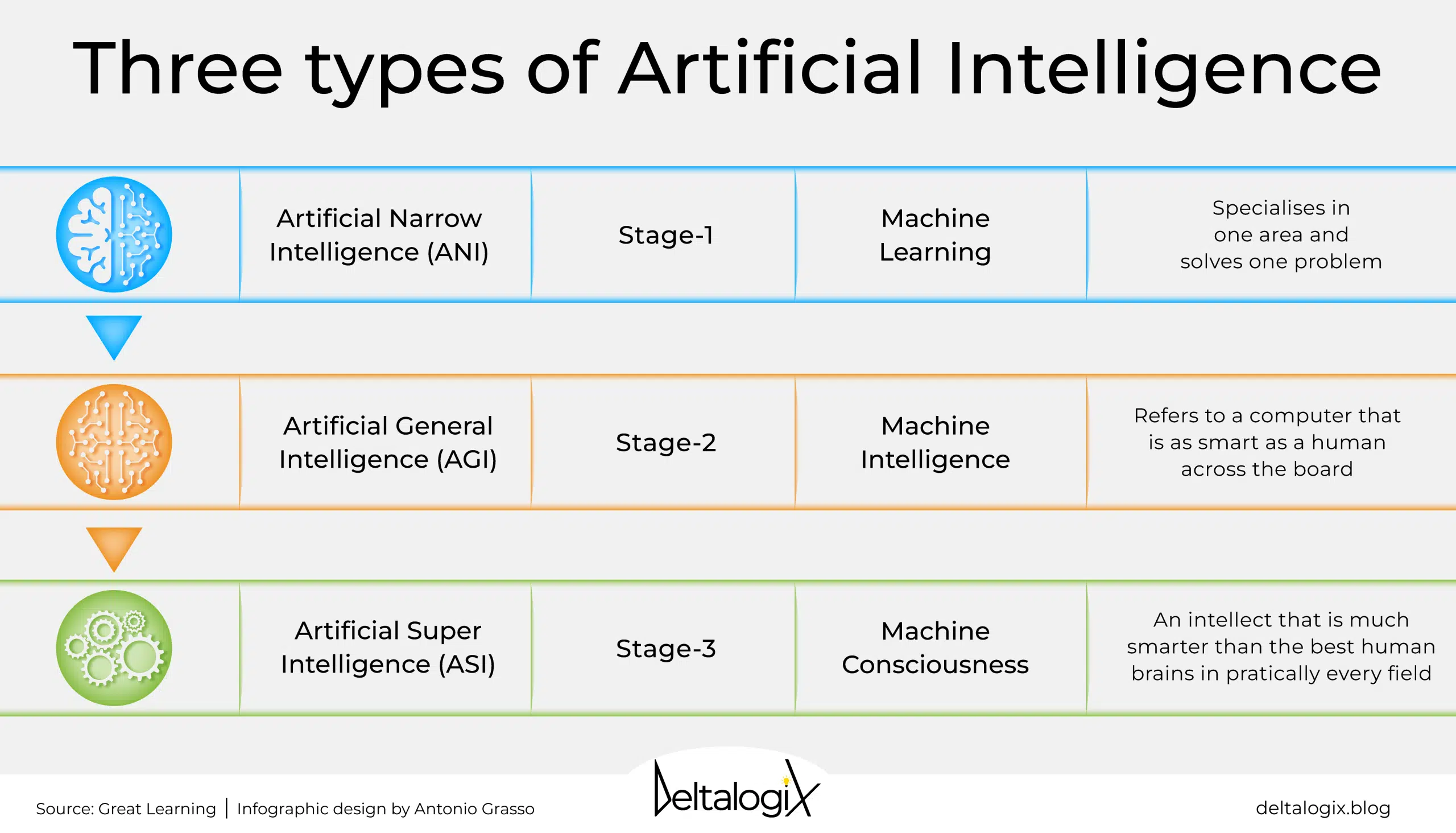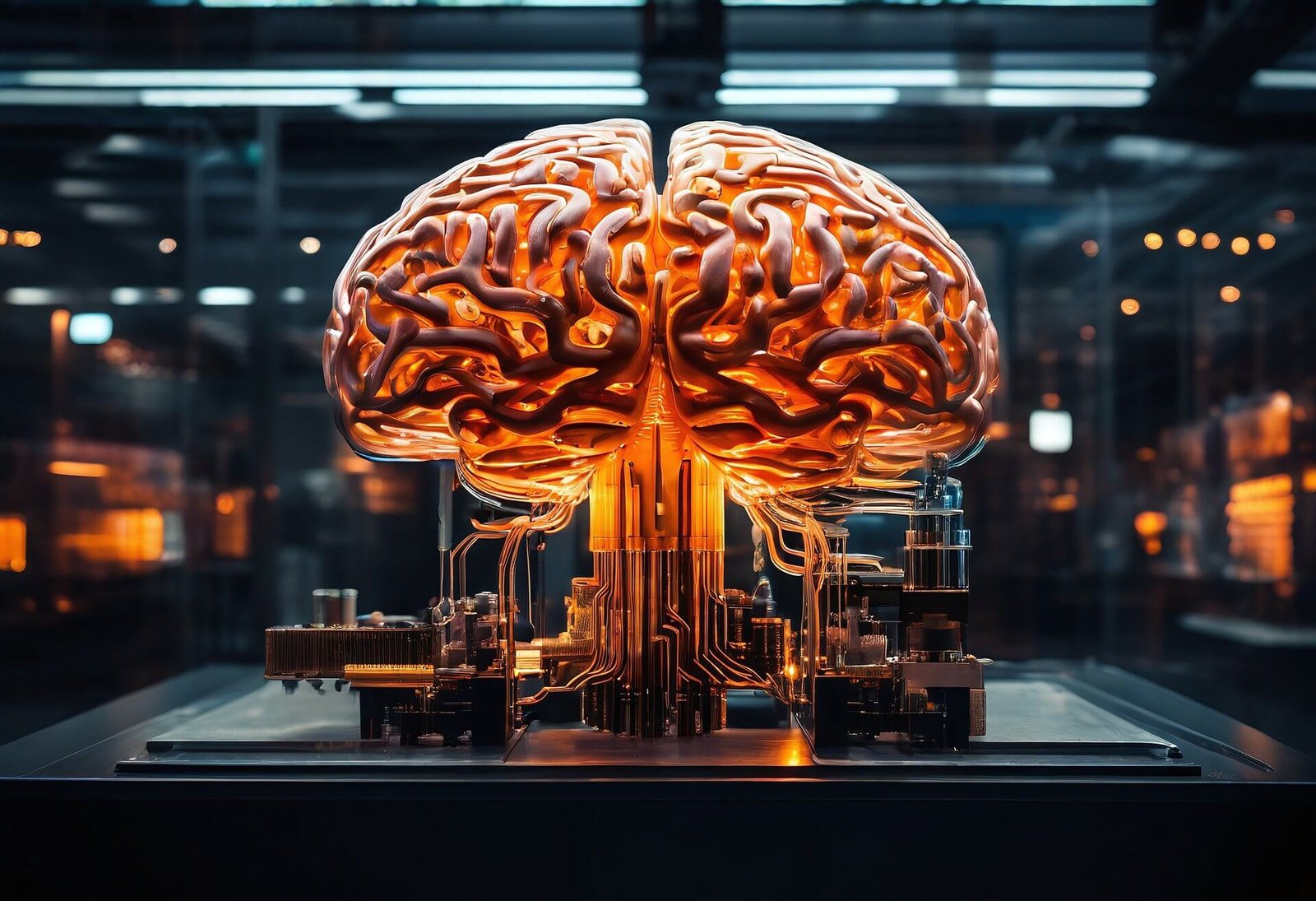Artificial Intelligence (AI) is transforming healthcare. It’s making medical processes faster and more accurate.
But what are the three AI technology categories in healthcare? AI in healthcare is vast and complex. Understanding its categories helps us grasp its impact. The three main categories are essential to know. They enhance patient care, optimize operations, and support medical research.
These categories are changing how doctors diagnose, treat, and manage diseases. Each one has unique features and benefits. Knowing them can improve healthcare outcomes. In this blog, we will explore these categories. We’ll see how they work and their significance. This knowledge is crucial for anyone interested in modern healthcare advancements. Let’s dive into the three AI technology categories in healthcare.
Introduction To AI in Healthcare
Artificial Intelligence (AI) is changing the healthcare industry. AI technology is used to improve patient care, support medical staff, and manage data. There are three main categories of AI in healthcare. Understanding these categories helps grasp the impact of AI on healthcare.
Importance Of AI
AI brings significant benefits to healthcare. It enhances diagnostic accuracy, aids in predicting patient outcomes, and optimizes treatment plans. By automating routine tasks, AI allows healthcare professionals to focus on patient care. AI-driven tools provide real-time data analysis, which improves decision-making processes.
Current Applications
AI is already being used in various healthcare applications. Some current applications include:
- Medical Imaging: AI algorithms analyze medical images to detect diseases like cancer.
- Virtual Health Assistants: AI-powered assistants provide 24/7 support to patients.
- Predictive Analytics: AI predicts patient health outcomes based on historical data.
- Robotics: AI-driven robots assist in surgeries, reducing human error.
These applications show the potential of AI in transforming healthcare. Understanding the categories of AI technology helps appreciate its full impact.
Machine Learning In Healthcare
Machine learning is a key technology in healthcare. It helps analyze vast amounts of data quickly and accurately. This improves patient care and outcomes. Below, we explore two main areas: predictive analytics and personalized medicine.
Predictive Analytics
Predictive analytics uses machine learning to predict future events. In healthcare, it can forecast disease outbreaks, hospital readmissions, and patient deterioration. This helps doctors make better decisions.
For example, a hospital can use predictive analytics to identify patients at risk for sepsis. This allows early intervention, improving survival rates. Another use is predicting patient readmission. This can help hospitals provide extra care to high-risk patients.
Predictive analytics uses data from various sources:
- Electronic health records (EHR)
- Patient demographics
- Lab results
- Medical imaging
This data feeds into machine learning models. These models analyze patterns and trends. They then provide actionable insights to healthcare providers.
Personalized Medicine
Personalized medicine tailors treatment to individual patients. Machine learning helps by analyzing genetic, environmental, and lifestyle data. This leads to more effective treatments and fewer side effects.
For example, machine learning can help determine the best cancer treatment for a patient. It analyzes genetic mutations and predicts which drugs will work best. This increases the chances of successful treatment.
Machine learning also helps in:
- Identifying genetic predispositions to diseases
- Developing personalized drug therapies
- Optimizing treatment plans based on patient data
This approach improves patient outcomes and reduces healthcare costs. It represents a shift from one-size-fits-all medicine to a more customized approach.
Natural Language Processing In Healthcare
Natural Language Processing (NLP) in healthcare transforms the way medical professionals interact with data. It helps in understanding and interpreting human language. NLP can manage vast amounts of unstructured data, making it invaluable in healthcare.
Electronic Health Records
Electronic Health Records (EHRs) hold patient information. NLP helps by extracting meaningful data from these records. It can interpret medical notes, discharge summaries, and lab results. This reduces the time doctors spend on paperwork.
With NLP, EHRs become more accurate. It identifies trends and patterns that may go unnoticed. By analyzing data, NLP can predict patient outcomes and improve treatment plans. This leads to better patient care.
Clinical Documentation
Clinical documentation is essential for patient care. It involves recording patient interactions, treatments, and outcomes. NLP automates this process. It converts spoken or written notes into structured data.
This automation saves time and reduces errors. Doctors can focus more on patient care. NLP ensures that documentation is complete and accurate. This helps in maintaining comprehensive patient records.
NLP also improves the quality of clinical documentation. It identifies missing information and suggests corrections. This ensures that patient records are reliable and up-to-date.

Credit: www.ottehr.com
Robotics In Healthcare
Robotics in healthcare is transforming patient care and medical procedures. With advancements in technology, robots are playing a critical role in surgery, rehabilitation, and various other medical fields. They help in increasing precision, reducing recovery times, and improving overall outcomes.
Surgical Robots
Surgical robots enhance the precision of surgeons. These machines provide improved control and flexibility. They allow surgeons to perform complex procedures with smaller incisions, leading to faster recovery for patients. The most well-known surgical robot is the da Vinci Surgical System.
| Advantages | Details |
|---|---|
| Precision | Minimizes human error during surgery. |
| Smaller Incisions | Leads to less pain and quicker recovery. |
| Enhanced Visualization | Provides a better view of the surgical area. |
Rehabilitation Robots
Rehabilitation robots assist patients in recovering from physical injuries. They support and guide patients through exercises. This helps in regaining strength and mobility faster. Examples include robotic exoskeletons and therapeutic robots.
- Robotic Exoskeletons: Help patients walk and move.
- Therapeutic Robots: Aid in repetitive physical therapy exercises.
These robots provide consistent and accurate therapy. They ensure patients perform exercises correctly, enhancing recovery outcomes.
Benefits Of AI in Healthcare
Artificial intelligence (AI) is transforming healthcare. It brings numerous benefits. These include improved efficiency, enhanced patient care, and faster diagnosis. Let’s explore some of these benefits in detail.
Efficiency Improvements
AI can automate routine tasks in healthcare. This saves valuable time for doctors and nurses. For example, AI can handle patient scheduling and billing. This reduces administrative workload. Doctors can then focus more on patient care.
Additionally, AI can analyze large sets of data quickly. This helps in making accurate diagnoses. It also assists in predicting patient outcomes. Therefore, AI improves the overall efficiency of healthcare systems.
Enhanced Patient Care
AI helps in providing personalized treatment plans. It analyzes patient data to suggest the best treatment. This ensures that patients receive care tailored to their needs.
Moreover, AI-powered tools can monitor patients’ health in real-time. Wearable devices can track vital signs and alert doctors if there are any issues. This leads to timely interventions and better patient care.
AI also aids in the early detection of diseases. For instance, AI algorithms can detect cancer in its early stages. This increases the chances of successful treatment.
| Benefits | Examples |
|---|---|
| Efficiency Improvements | Automating tasks, data analysis |
| Enhanced Patient Care | Personalized treatment, real-time monitoring |
AI technology is improving healthcare. It boosts efficiency and enhances patient care. These benefits make AI a valuable tool in the medical field.

Credit: deltalogix.blog
Challenges Of AI in Healthcare
Artificial intelligence (AI) in healthcare holds immense potential. But it faces significant challenges. These challenges must be addressed for successful implementation. Understanding these obstacles is critical. Below are the key challenges of AI in healthcare.
Data Privacy Concerns
Data privacy is a major issue in healthcare AI. Patient data is sensitive and must be protected. Breaches can lead to serious consequences. Trust is essential in healthcare. Protecting patient data builds trust.
AI systems require large amounts of data. This data is often personal and confidential. Safeguarding this data is a priority. Ensuring compliance with regulations like HIPAA is crucial. This protects patient rights and maintains confidentiality.
Encryption and secure data storage are key methods. These techniques help protect sensitive information. Regular audits and strong security measures are necessary. They ensure the integrity and security of patient data.
Integration Issues
Integrating AI into existing healthcare systems can be difficult. Many systems are outdated and not designed for AI. Compatibility problems can arise. These issues can slow down the adoption of AI.
Interoperability is a major concern. AI systems need to work with various platforms. This requires standardization and collaboration. Without these, integration becomes challenging.
Training staff is also important. Healthcare professionals need to understand AI tools. Proper training ensures the effective use of AI technologies. This enhances patient care and operational efficiency.
| Challenge | Solution |
|---|---|
| Data Privacy | Encryption, Secure Storage, Regular Audits |
| Integration Issues | Interoperability, Standardization, Staff Training |
Addressing these challenges is critical. It ensures successful AI implementation in healthcare. This benefits both patients and healthcare providers.
Future Trends In Healthcare AI
The future of healthcare is exciting, thanks to AI. Artificial Intelligence (AI) is transforming healthcare in many ways. Three main categories of AI in healthcare are diagnostics, drug discovery, and patient care. Each area has its trends and innovations.
AI In Diagnostics
AI in diagnostics is a big trend. AI algorithms can analyze medical images. They detect diseases like cancer early. This means better treatment and outcomes for patients. Machine Learning (ML) models can predict diseases before symptoms appear. This helps doctors make informed decisions.
AI also helps in analyzing patient data. It can identify patterns that humans might miss. This leads to accurate diagnoses and personalized treatment plans. AI tools are becoming more common in hospitals and clinics.
AI In Drug Discovery
AI is changing drug discovery. It speeds up the process of finding new drugs. Traditional methods take years, but AI can shorten this time. AI algorithms analyze vast amounts of data. They identify potential drug candidates faster.
AI helps in predicting how drugs will behave. This means fewer failed drug trials. It also means safer and more effective drugs. Pharmaceutical companies are investing in AI to improve their research and development.
| AI Technology | Benefits |
|---|---|
| Diagnostics | Early disease detection, accurate diagnoses, personalized treatment |
| Drug Discovery | Faster drug development, fewer failed trials, safer drugs |
Frequently Asked Questions
What Are The Three AI Categories In Healthcare?
The three AI categories in healthcare are machine learning, natural language processing, and robotics. Machine learning involves algorithms and statistical models. Natural language processing focuses on understanding human language. Robotics is used in surgeries and patient care.
How Is Machine Learning Used In Healthcare?
Machine learning is used for predictive analytics, personalized medicine, and diagnostic tools. It helps analyze complex medical data to predict outcomes. This technology improves patient care and treatment plans.
What Role Does Natural Language Processing Play In Healthcare?
Natural language processing helps in extracting meaningful information from unstructured medical data. It can analyze patient records, medical literature, and clinical notes. This improves healthcare documentation and enhances decision-making.
What Are The Benefits Of Robotics In Healthcare?
Robotics in healthcare offers precision in surgeries, reducing human error. It aids in minimally invasive procedures and improves recovery times. Robots also assist in patient care and rehabilitation.
Conclusion
The three AI technology categories in healthcare are crucial. They enhance diagnostics, treatment, and patient care. Machine learning, natural language processing, and robotics each play vital roles. Understanding these categories helps improve medical outcomes. Healthcare professionals must stay updated with AI advancements.
Embracing AI technology can lead to better patient experiences. Future healthcare will rely heavily on these innovations. Stay informed and adapt to new AI trends. This knowledge can transform healthcare practices. Keep exploring AI to stay ahead in the medical field.

